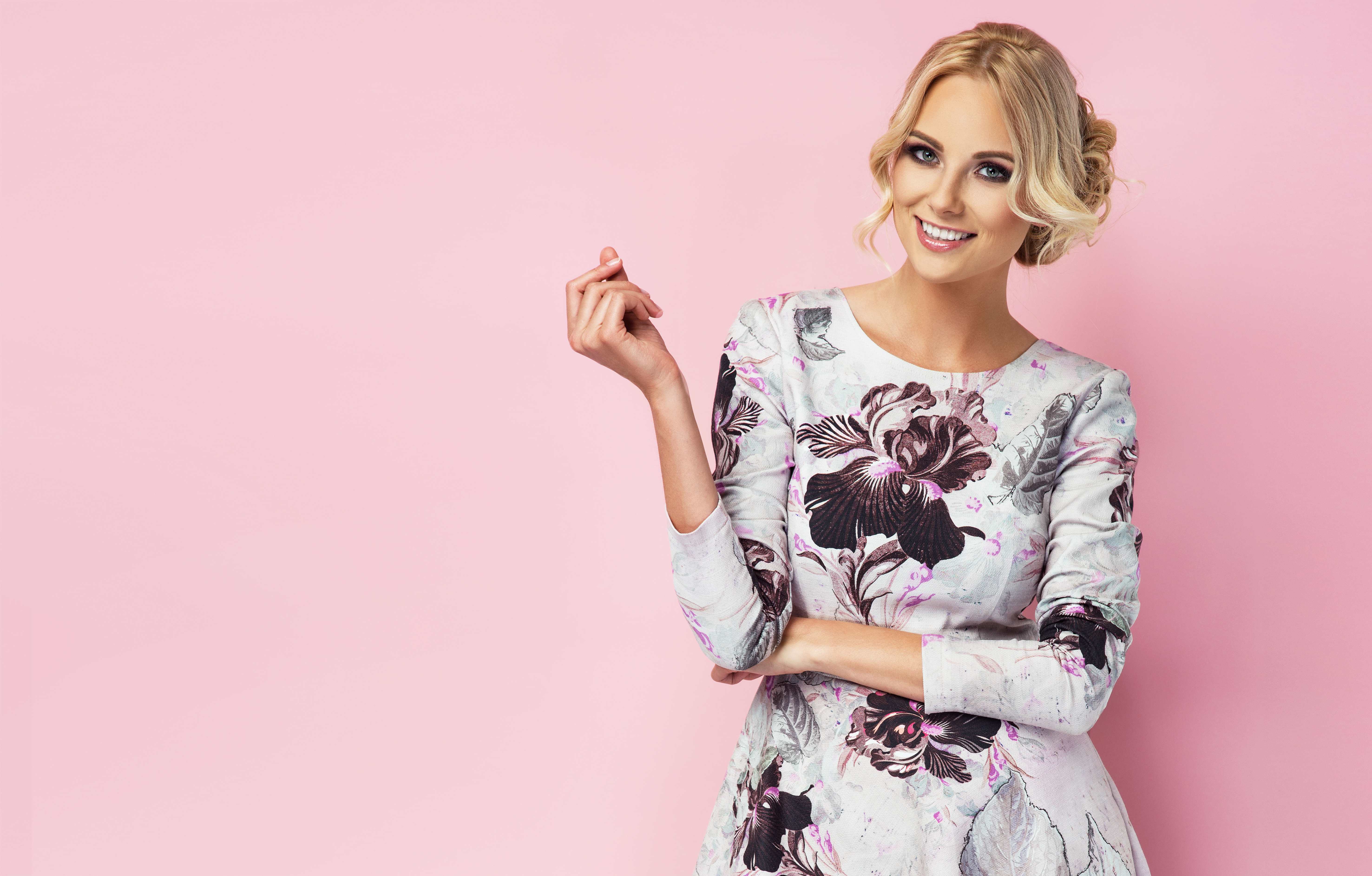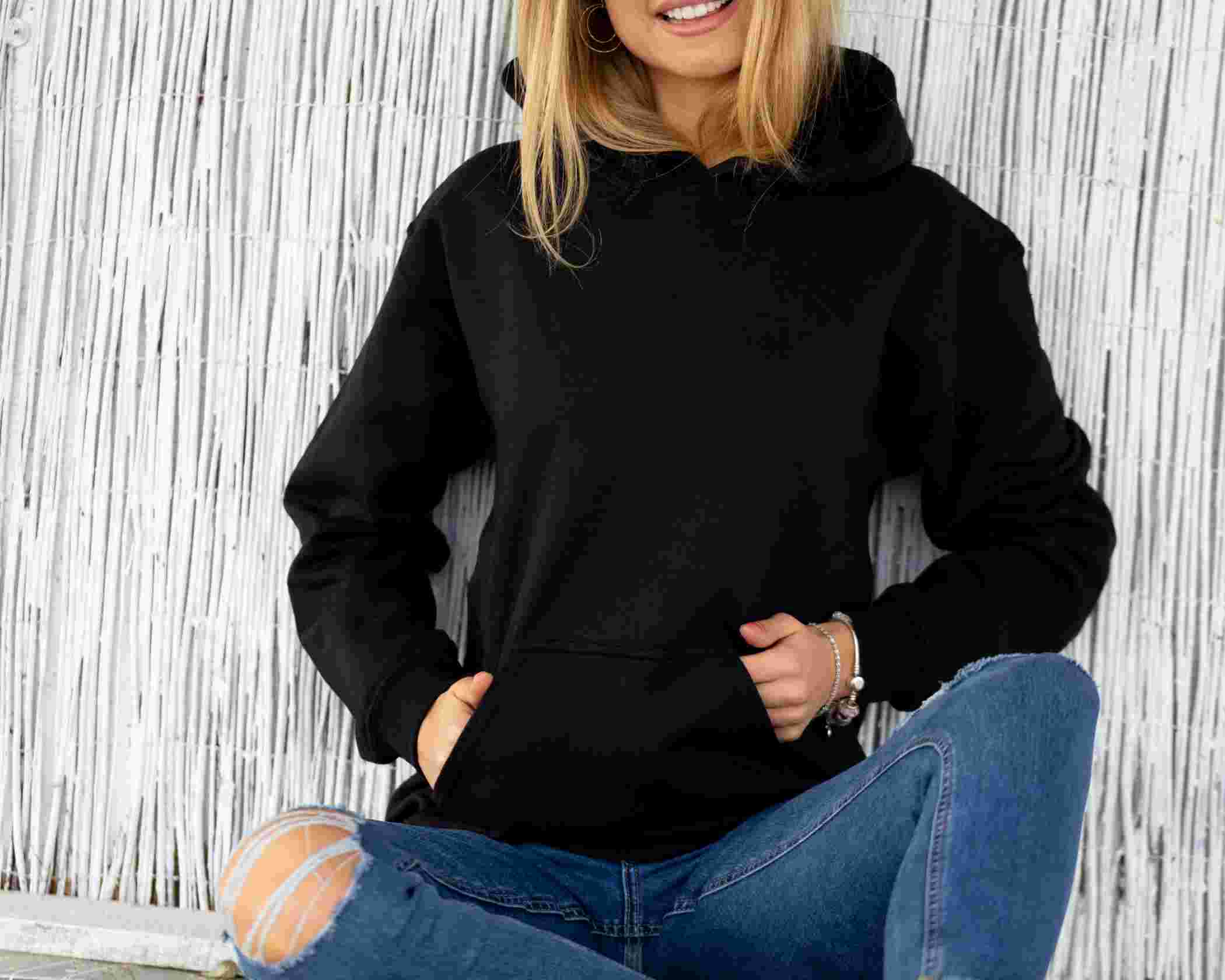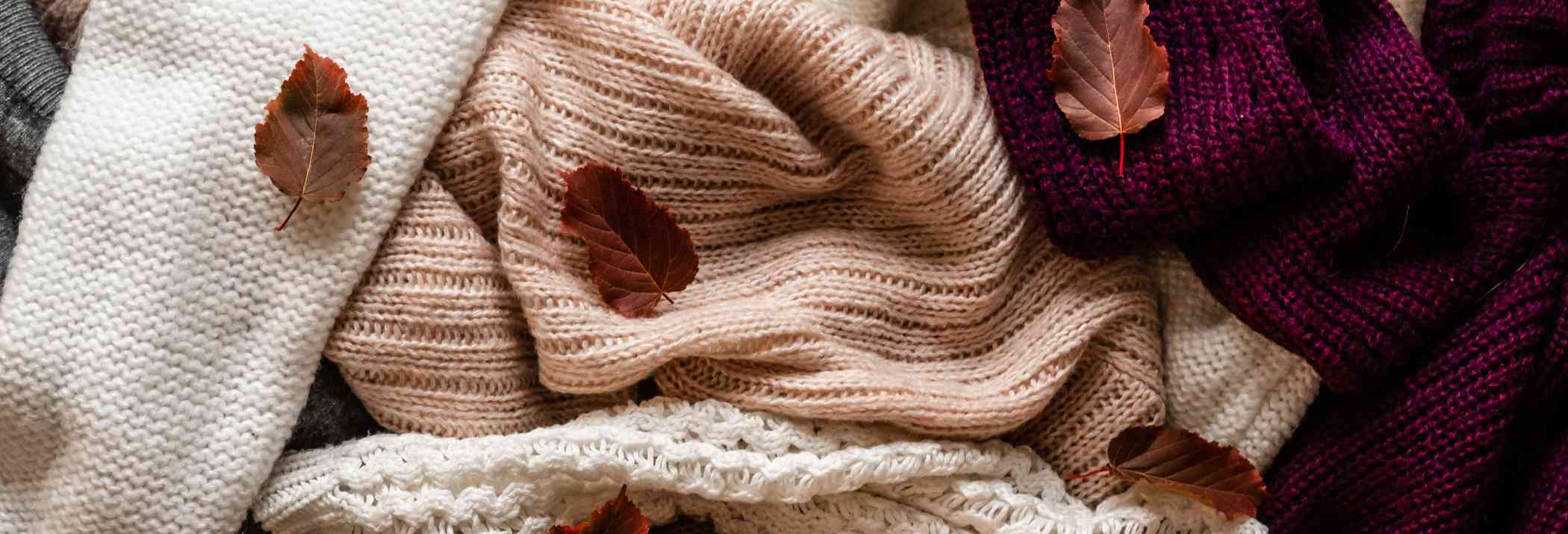How Can You Use Growing Demand For Sportswear To Your Benefit?



Athleisure is the fastest growing apparel category in the fashion industry. As per Market Industry Reports (MIR), the global athleisure market is expected to cross $165 billion in the near future. This supply-demand balance of sportswear will only expand towards the latter half of this decade.
Health Conscious Consumers in a Pandemic
The pandemic has blurred the line between gym clothes and casual wear. Sartorial preferences have undergone an interesting transformation, thanks to the stay-at-home lifestyle. The shift has come along as a boon for sports apparel brands.

Rising health consciousness and the desire to lead active lives are encouraging consumers to include sports and fitness activities into their daily routine. This improved participation has led to a change in market dynamics. The result is an increased demand for athleisure products, including yoga pants, joggers, tank tops, sports bras, and hoodies.
From the perspective of workplace culture, there is an increased acceptance of casual wear like sweatpants, jumpers or sneakers in office settings. This has also contributed to increased demand.
Such cultural factors which influence the supply-demand of sportswear are not likely to overturn in the near decade. Therefore, fashion brands must strike the hot iron and invest in athleisure.
Who Has Joined the Sportswear Bandwagon?
North America and Europe are primary regions behind the rise of athleisure culture. They have the fastest growing markets for sportswear and athleisure. An elevated appetite for international brands has inspired major market players to focus on diversifying their product portfolio, further intensifying the competition in the market.

The key players in the sportswear market includes Nike, Adidas, Under Armour, The Columbia Sports Company, and New Balance. Several factors coupled with a rising disposable income are expected to positively impact the demand for athleisure in the Asia-Pacific region as well.
Wrapping Up: How to Make your Sportwear Collection Stand Out?
Sustainability in sports wear is widely sought after today. When people are conscious about health, they tend to be equally conscious about their impact on the environment. Put another way: a brand's sustainability rating will influence the supply-demand of its sportswear inventory.
This concern about sustainability has been duly noted by the industry. Many brands, including Reebok, have promoted the use organic eco-friendly fabrics for sportwear.
If you're planning to introduce a new line of sportswear, contact Fashinza to get a headstart and make your manufacturing hassle-free. We recommend that client brands focus on sustainable fabrics that we source to all major cities. A sustainable sportwear line will provide you the ultimate edge and set your products apart in the market.



















